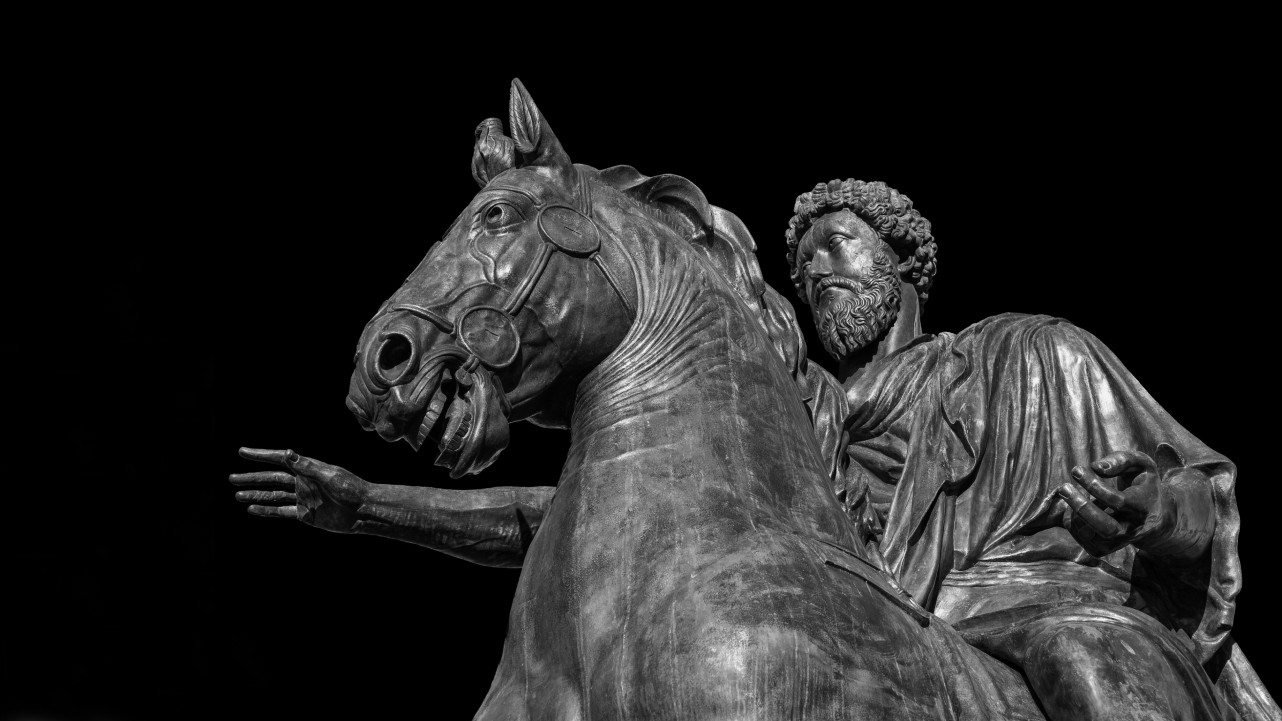Will Conan O’Brien’s move to TBS shake up the talk show format? Maybe not: Dick Cavett thinks some of the more monotonous late-night traditions are here to stay.
Question: Do you feel that the talk show form will ever change?
Dick Cavett: I doubt that it'll change. My set, I've had it fixed so that the minute an actress comes off to talk about her latest movie, it switches to any other channel, because you know she's going to use the word exciting at least five times in the first segment, if there is a second one, and she's so excited about her new director and it's the most exciting script she's ever read, and exciting people to work with, as if excitement were the desired state for all of us, to go around in a constant state of excitement. I expect someone to come on and say, "I've had the most exciting nap I've ever had." That should be expunged from the language, along with," let me ask you this," and, "some of my best friends are show people."
Question: What does it take to get on stage every night?
Dick Cavett: It takes something, to get out there every night, yeah, in the sense of five days a week. When I first started, it felt like being caught in the surf, where you go in a little rougher surf than you thought you did and you get knocked down, and you get up to your knees and you get knocked down again and again. It seemed like the next show came 20 minutes after the one you had just done, even though it was--well, in one case it was. In those days, when real men did talk shows and did 90 minutes a week, a night, I mean, I, feeling I needed a longer weekend, did two on Thursday. Five on five days is hard enough, two on Thursday, I never got to the end of the second one fully conscious. I remember I just would sort of sit there thinking, "This person's lips are moving, thank goodness, they must be saying something. Maybe I can detect what it is and answer." After that, I would go out to the country and for the first 30 miles of being driven out of town, my body gave off heat like a radiator from all that light for 180 minutes, it was the strangest thing.
But yeah, it's also great, great fun when it works and if you have the life that certain show people do, the time they're on is the only time they're vaguely happy. Like poor Judy Garland, or, well, Johnny was happiest on the air, by great measure than he was any other time of the day, and I liked Johnny so much, we were really good friends. He liked me a surprising amount and whenever a show of mine would go off, which happened several times, Johnny would have me on that Monday, the next Monday, on the Tonight Show, and say, "If this next one doesn't work, it's going to be Armed Forces Radio for Richard," but we had great fun together and got on well. But he had a rough life, off, as so many show people do, and he had a wife on the ledge at one point and he was drinking a bit, which is not a secret any more and wasn't then, really, about him, but boy, did he pull himself together for the show.
Question: What place does the late night talk show have in our culture?
Dick Cavett: God, I haven't the slightest idea. I guess maybe I don't think in those terms. I've just always known it to be there from as far back as I, almost as far back as I can remember, with Jerry Lester and Dagmar, two more asterisks, then Steve Allen, but it just always seemed like a natural--the fact is, of course, it didn't come about naturally, it had to be invented and the great Pat Weaver, Sigourney Weaver's dad, at NBC, really gave us, at one stroke, the Tonight Show, the Today Show, and there was one in the day time, I believe they all sort of started at the same time, called the Home Show, I think it was. That one fell by the wayside, but Today and Tonight remained. And they seemed to natural, it's hard to think somebody had to invent them, and added the desk and the chair for the tonight show. I varied at one point by sitting people in a circle, and you don't have to have a desk. Every time I started a new show, the press people would say, "How are you going to make this show new and different?" And it used to get me, why does it have to be new and different? The format's been around for years. But finally they persisted and I would say, "Well, the guests are going to stand and you'll think this is silly, maybe, but we're going to have the guests seated on blocks of ice, that tends to stimulate people to talk more and be more interesting." And the numskulls in the group would write these things down as if they were true.





